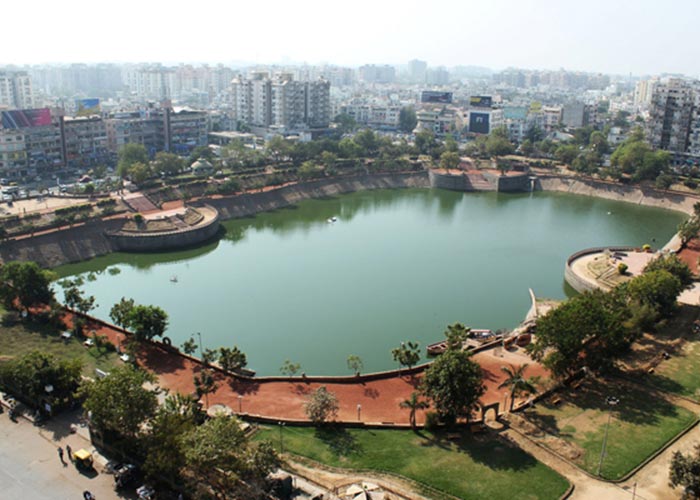The viewpoint
The valuation of ecosystem services
The results from environmental valuation can guide policies aimed at correcting markets failures through taxation, subsidies or command and control measures.

Valuation techniques can reveal preferences related to the natural environment that are not accurately expressed in markets because of imperfect information, ill-defined or lacking property rights, bounded rationality, moral hazard and/or free riding. The results from environmental valuation can guide policies aimed at correcting markets failures through taxation, subsidies or command and control measures. But while environmental valuation can capture certain aspects ignored in markets (in particular non-use values), techniques targeted at eliciting individual preferences are partly subject to the same phenomena that make markets fail - in particular imperfect information. We can never know the preferences of future generations, or the exact shape of ecosystem services supply curves including thresholds that can cause sudden collapses. There are further problems involved in aggregating expressions of individual ordinal utility.
To tackle these issues, an important component in environmental education should be to bring together citizens or interest groups with different expertise and diverging preferences and facilitate deliberation in using group valuation techniques. This would shape social preferences and make them more explicit. It would also improve understanding of different views, and of why conflicts around environmental issues arise.

One way to work with group valuation in education is to set up role plays. Learners are switch roles with each other and negotiate on a common valuation of e.g. a particular ecosystem service. Each learner acts according to how s/he thinks that a co-learner would behave when negotiating the valuation. Then they discuss how well the role play conveyed the actual valuations among them. Finally, the participants will negotiate on a common valuation based on their actual stake in the ecosystem service discussed.
The situation around small lakes in the Indian city of Ahmedabad is an example where this role play has been tried out. The lakes are surrounded by informal settlements that both use and pollute the water. There is an interest among real estate owners and others in restoring the lakes to make them more attractive as recreational areas. At the same time there are organizations representing the slum dwellers that focus on provision of ecosystem services from lakes that can improve the living conditions in the informal settlements. By inviting real estate owners and representatives from the informal settlements to switch roles and act based on how they think that the other part views the lake, differences can be made explicit and analysed, which is a necessary condition for eventually reaching an agreement on how to develop the area.

Alexander Hellquist
Programme Manager
Swedish International Centre of Education for Sustainable Development
Uppsala University


